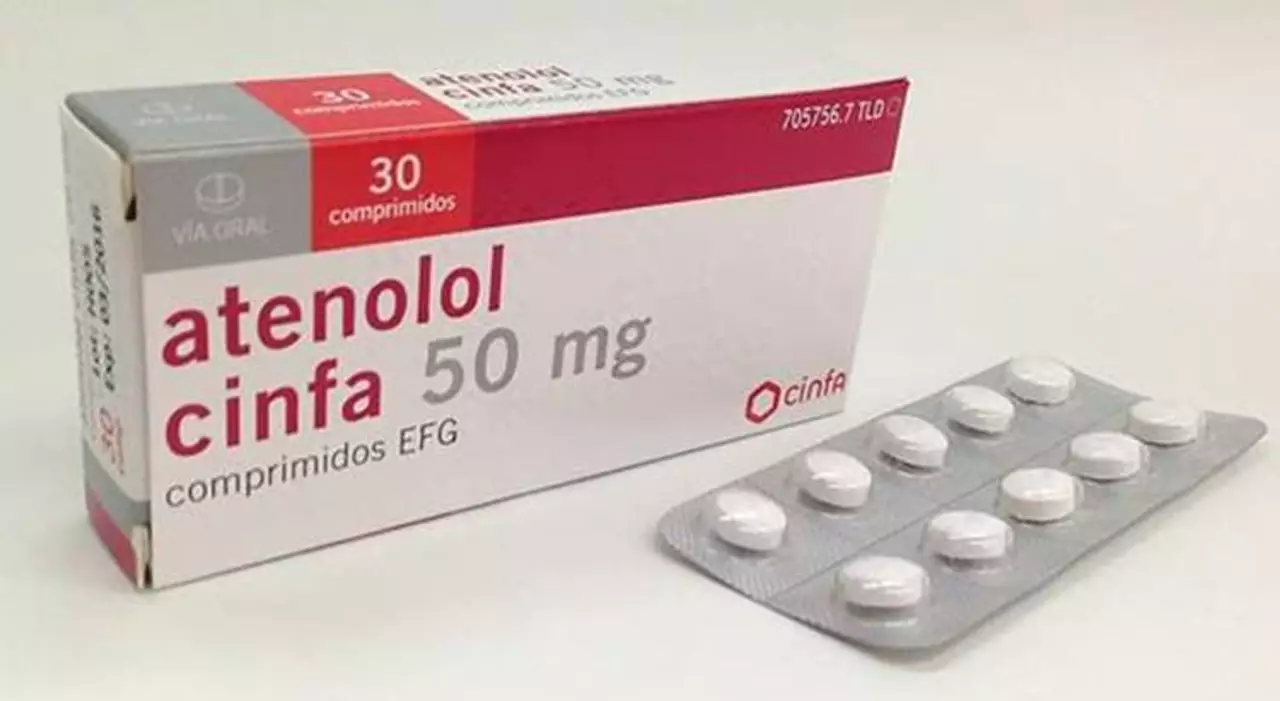Diarrhea: quick answers on causes, care, and when to get help
Loose or watery stools are common and usually short-lived. Most cases clear in a day or two with simple care. This page gives practical steps you can try at home, explains when to worry, and lists safe over-the-counter options so you don’t guess what to do next.
What commonly causes diarrhea
Viral infections (like norovirus), food poisoning, sudden changes in diet, or antibiotics that upset gut bacteria are the usual culprits. Traveler’s diarrhea happens after eating unfamiliar food or water. Chronic problems—such as irritable bowel syndrome, inflammatory bowel disease, or malabsorption—cause longer or recurring symptoms and need a doctor’s review.
Age and health matter: infants, older adults, and people with weak immune systems can get dehydrated fast. Keep an eye on them even if symptoms start mild.
Easy home care that helps right away
Hydration is the top priority. Drink water and use oral rehydration solutions (ORS) with electrolytes if you’re losing a lot of fluid. Sports drinks are okay short-term for adults but dilute them slightly for kids. Sip frequently rather than gulping.
Eat light and simple foods when you feel ready: plain rice, bananas, toast, and applesauce help firm stools. Avoid fatty, spicy, or dairy foods for a day or two. Rest and avoid heavy exercise until you’re back to normal.
Probiotics (certain yogurts or supplements) can shorten some types of diarrhea. They’re worth trying for a couple of days if you tolerate them. Don’t use anti-diarrheal medicine right away if you have a high fever or bloody stool—those signs suggest a bacterial cause where you need a doctor.
OTC options: loperamide (Imodium) reduces frequency and helps you feel better for travel or work, and bismuth subsalicylate (Pepto-Bismol) helps cramping and nausea. Follow package doses, and skip these for young children unless advised by a pediatrician.
If diarrhea started after antibiotics, tell your doctor—Clostridioides difficile is a special bacterial infection that needs medical treatment. For traveler’s diarrhea, short courses of certain antibiotics are sometimes recommended; get medical advice before starting antibiotics yourself.
When to see a doctor: high fever, blood in stool, signs of severe dehydration (dizziness, very dry mouth, low urine), diarrhea lasting more than 48–72 hours, or if you’re very young, elderly, pregnant, or immunocompromised. Quick medical care can prevent complications.
Prevention tips: wash hands often, drink safe water, and keep perishable foods refrigerated. For infants, ask about the rotavirus vaccine—it prevents a common cause of severe diarrhea in babies.
Need medicine or clear guidance? BestPriceRx.com has easy-to-read articles on specific drugs and safe ways to buy them. If symptoms are worrying, contact a healthcare provider right away.
 28 Apr 2023
28 Apr 2023
As a blogger, I recently explored the topic of Atenolol and diarrhea, and I'd like to share some key points with you. Atenolol, a common beta-blocker medication, can sometimes cause gastrointestinal side effects, including diarrhea. It's important to monitor your symptoms and consult with your doctor if you experience persistent or severe diarrhea while taking Atenolol. In some cases, your doctor may adjust your dosage or recommend alternative medications to help manage your symptoms. Remember, it's crucial not to stop taking Atenolol without consulting your doctor, as doing so may worsen your condition.
View More

